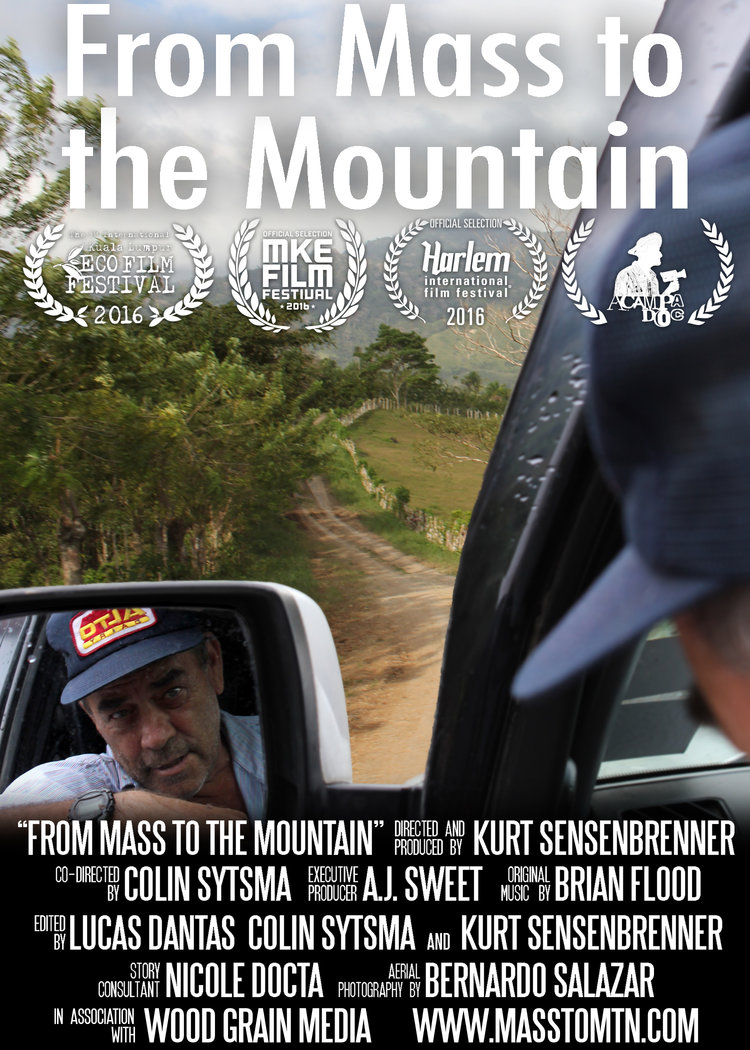Remembering Stephen Hawking
Stephen Hawking, who passed away last night at the age of 76, had a long connection with public television - as you might expect for someone who promoted curiosity and big questions about the universe.
03/14/18
Stephen Hawking, who passed away last night at the age of 76, had a long connection with public television - as you might expect for someone who promoted curiosity and big questions about the universe.
03/14/18
 Stephen Hawking, who passed away last night at the age of 76, had a long connection with public television – as you might expect for someone who promoted curiosity and big questions about the universe.
Stephen Hawking, who passed away last night at the age of 76, had a long connection with public television – as you might expect for someone who promoted curiosity and big questions about the universe.
As Neil deGrasse Tyson tweeted in tribute, “His passing has left an intellectual vacuum in his wake. But it’s not empty. Think of it as a kind of vacuum energy permeating the fabric of spacetime that defies measure.”
The PBS documentary Hawking, released in 2014, is only one of the many videos available online. Watch the trailer.
Read on for more about Hawking’s life and work.
For someone who spent his life asking the biggest questions in the universe – literally – it’s hard to know where to start. Still, Hawking’s obituary from PBS NewsHour gives a good overview, as does this tribute from NPR’s The Two-Way.
In his memoir My Brief History, Hawking candidly described how the prospect of an early death due to his diagnosis of ALS (or motor neurone disease, as it is known in the UK) actually served as motivation to persevere in his work, leading to numerous intellectual breakthroughs. Read more from Scientific American (via PBS NewsHour) on how Hawking beat the odds with ALS.

In 2016, the series Genius by Stephen Hawking challenged participants to think like the greatest geniuses in history and solve some of humanity’s most enduring questions.
Trailer | Clip: Hawking makes an appearance in Times Square
 Naturally, NOVA offers many opportunity to learn about Hawking’s work. Are Black Holes Really Black? discusses how a paper by Hawking had physicists debating the true nature of black holes and the fate of infalling matter. (More on Hawking’s work with black holes here and here.)
Naturally, NOVA offers many opportunity to learn about Hawking’s work. Are Black Holes Really Black? discusses how a paper by Hawking had physicists debating the true nature of black holes and the fate of infalling matter. (More on Hawking’s work with black holes here and here.)
A surprising but beloved pop culture icon, Hawking still had more surprises in store right up until the end. With his daughter Lucy, he wrote a series of children’s books featuring George and Annie, friends and middle-school cosmologists. Filled with facts and commentary from leading scientists, they’re worth checking out with your favorite young explorers.
Let’s send Hawking on his journey into the universe he loved with this musical tribute, mixing his words with those of another beloved PBS stalwart: Carl Sagan.
What do you think?
I would love to get your thoughts, suggestions, and questions in the comments below. Thanks for sharing!
Susannah Brooks